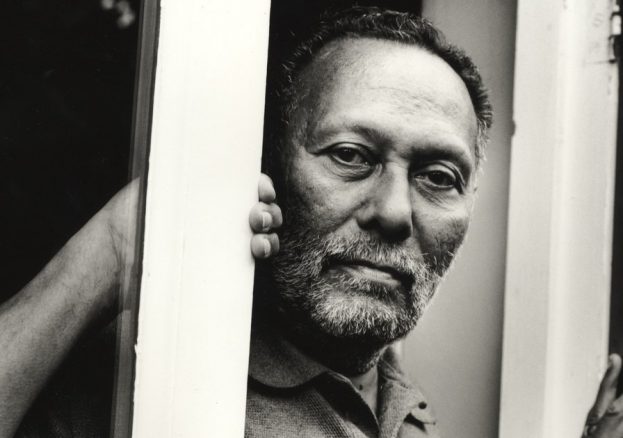
Almost half a century later, self-declared ‘moderates’ were chanting ‘Out! Out! Out!’ at their Brexit parties, while racial hate crimes are increasing. As we enter a potentially ‘new’ time in our nation’s historical development, we have to question how far we have come in the past fifty years in terms of separating definitions of Britishness and Englishness with romanticised understandings of whiteness. In this context, it is vital we do not forget the work of the late Stuart Hall – had he lived for a few more years, I am convinced he would have been at the forefront of resisting the current ‘post-Brexit racism’, even in his old age.
This year, an edited collection of Stuart Hall’s writings has been collated into a book entitled ‘Selected Political Writings: The Great Moving Right Show And Other Essays’. Reading Hall’s essays in this book, I got a terrible feeling of déjà vu as Hall wrote about the rise of the new right, hostility to the EU, the privatisation of healthcare, the government prioritising arms sales over education, the marketisation of higher education, and the systematic abandonment of welfare. All of these topics, which Hall wrote about between 1957-2011, could be (and are) topics for our contemporary news outlets. However, the issue Hall wrote about which, to me, resonates so much to our current time, is the issue of race, nation, racism, and nationalism.
On Thatcherism, Hall declares ‘cultural racism has been one of its most powerful, enduring, effective – and least remarked – sources of strength’. This cultural racism, Hall argues, stems from a white nationalism formed around romanticised understandings of British colonialism and Empire. As Hall argues ‘Empires come and go. But the imagery of the British Empire seems destined to go on forever. The imperial flag has been hauled down in a hundred different corners of the globe. But it is still flying in the collective unconscious’. This led, in Hall’s words, to a populism which connected the white elite, middle, and working-classes together in a ‘gut patriotism laced with gut moralism’. This cultural racism, therefore, was based around the conflation between whiteness and Britishness, such that black folk and other non-white groups were converted from citizens into undesired immigrants. Skipping forward to the present, Hall’s writings on cultural racism help us understand the dynamics which led to, and continue to thrive after, the 2016 EU referendum.
The viscous Leave campaign was happy to evoke imagery of returning Britain to its status as a superpower nation, with Theresa May repackaging this as a return to a ‘Global Britain’. Of course, what such campaigners and campaigns lacked any mention of was the fact that Britain’s former status as a superpower was tied to its colonies, and the horrific, murderous, genocidal tactics used to maintain power over its colonies. This echoes Hall’s point that the cultural racism based on imperial nostalgia involves a situation whereby Britain’s real history has been ‘displaced by a more potent myth’ of benign national superiority. While many who voted for Brexit happily declare they are not racist, this is not to say that a cultural racism was not relevant in their political choice. Post-Brexit racist attacks, normally variations around the statement that ‘We
voted for you to leave. Why are you still here?’ have become commonplace. Such acts of purging of the nation cannot be seen as individualised ‘bad apples’, but symptomatic of a deep political and racialised fissure in our society.
The truth of the matter is that many who are suffering from post-Brexit race crimes are often not those people – EU nationals – who were at stake in the Leave campaign’s pledge to end ‘freedom of movement’. Afro-Caribbean social groups have been subject of such ‘go home’ racism, as have people from South Asia. The fact that ‘what is the EU’ was googled so frequently after the referendum itself is evidence that many people were voting on the basis of the cultural-racist imagery and discourses being propagated by elites (including both politicians and the press).
Stuart Hall stressed that we must always ask the ‘why’ question. In analysing Thatcherism he thus asked ‘why’ people were so keen to interpret Britain’s social and economic ills through the lens of immigration and race. We must similarly put this question to Brexit Britain. In order to work out how we got to where we presently are, we need to follow Hall’s advice and analyse how the cultural racism which separates between ‘race’ and ‘nation’ has become so strong such that the ‘52%’ were willing to sacrifice their wages, houses, and education, in order to supposedly ‘take back control’.
Article written by Ali Meghji, PhD Candidate,
Department of Sociology,
University of Cambridge Contact: am2059@cam.ac.uk
